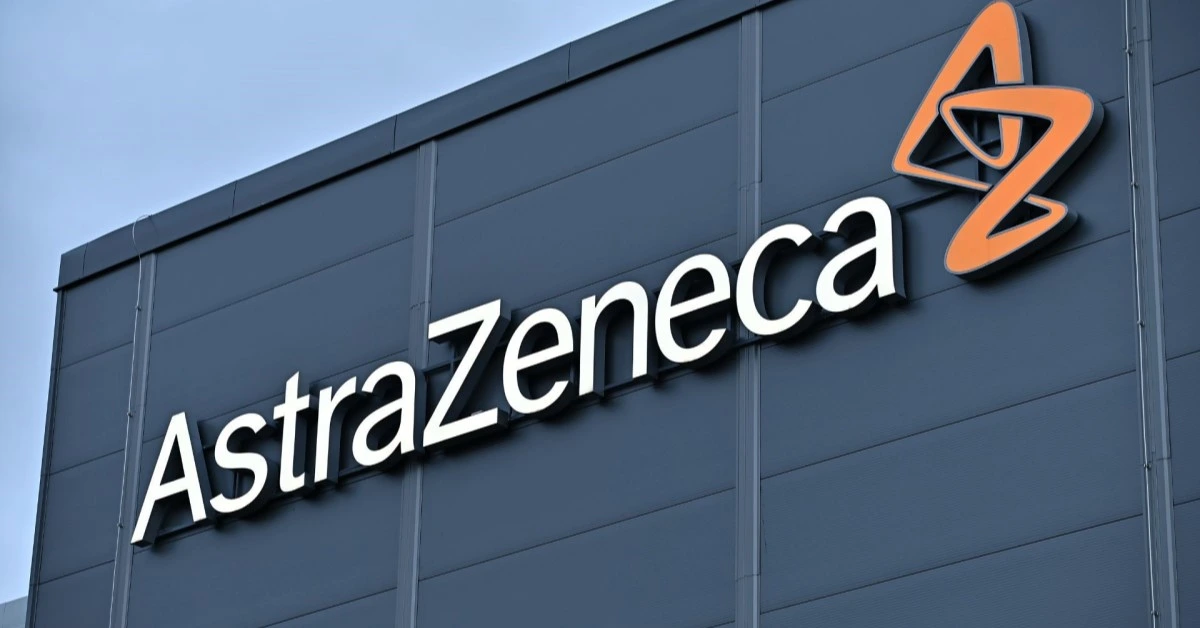
UK – AstraZeneca has entered into a US $18 million partnership with the Israeli-American biotech company Immunai to leverage its AI and single-cell biology capabilities for optimizing clinical decision-making in oncology trials.
The partnership seeks to utilize Immunai’s immune system mapping technology to improve outcomes and boost the efficacy of AstraZeneca’s cancer immunotherapies, which are critical in enhancing survival rates and treatment personalization.
Founded in 2018, Immunai has developed a powerful AI platform that combines single-cell biology, machine learning, and big data computation to create an atlas of the immune system.
This technology helps decode the immune system’s intricacies and informs drug discovery by accelerating the development of immunotherapies.
“Artificial Intelligence is transforming cancer drug discovery and clinical development,” stated AstraZeneca’s Chief Data Scientist, Iker Huerga.
He further explained that the collaboration with Immunai will allow AstraZeneca to “glean new insights into mechanisms of action of immunotherapies.”
Transforming clinical trials: From dose selection to biomarker identification
The collaboration will be multifaceted, with AstraZeneca utilizing Immunai’s AI-powered platform to make key decisions in dose selection, biomarker identification, and patient responder analysis.
These insights are expected to optimize patient outcomes in trials and increase the likelihood of regulatory success.
This partnership extends AstraZeneca’s strategy to integrate AI-driven solutions across its research and development pipeline, building upon previous collaborations, including a recent US $247 million deal with Absci for antibody development.
A history of successful collaboration
AstraZeneca and Immunai have a history of partnership, having worked together on cell-level immune analyses in inflammatory bowel disease research.
Immunai’s multi-omics approach also contributed to the development of AstraZeneca’s bispecific antibody, volrustomig, currently in Phase 3 trials for cancers such as lung, cervical, and head and neck cancers.
This partnership highlights AstraZeneca’s commitment to advancing its immuno-oncology pipeline.
Immunai’s platform, specifically the Immunodynamics Engine (IDE) and the AMICA cell atlas, will now support AstraZeneca’s clinical trials, making clinical decision-making more precise by mapping the immune response in detail.
“Bringing a drug to market is incredibly challenging, time-consuming, and expensive,” noted Immunai CEO Noam Solomon, Ph.D.
“Through this collaboration with AstraZeneca, we’re excited to leverage our AI-based engine, the IDE, to help make this process more efficient and to bring potential new therapies to patients.”
Immunai’s rapid growth and industry impact
With over 170 employees, Immunai has grown significantly, raising US $215 million in a Series B funding round and expanding its research into autoimmune, cardiovascular, and neurological diseases.
Headquartered in New York with offices in Tel Aviv, Zurich, and Prague, the company collaborates with prestigious research institutions like Harvard and Stanford and has active partnerships with Fortune 100 pharma companies.
Immunai’s success mirrors a broader trend in the biotech industry, with pharmaceutical giants turning to AI solutions for efficient drug development.
In recent years, major pharmaceutical companies have increasingly turned to AI-driven solutions from Israeli startups to enhance drug discovery and development.
Among these, Israeli startup CytoReason, which utilizes AI to build computational models of diseases for drug research, received a significant investment from Pfizer.
In 2022, Pfizer committed US $20 million in equity to CytoReason as part of a broader five-year agreement valued up to US $110 million to license the startup’s platform and disease models.
CytoReason is also collaborating with other pharmaceutical giants, including France’s Sanofi, Swiss companies Ferring and Roche, and the UK-based GSK.
XRP HEALTHCARE L.L.C | License Number: 2312867.01 | Dubai | © Copyright 2025 | All Rights Reserved